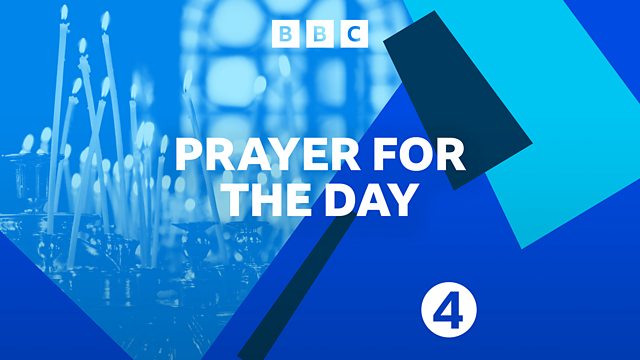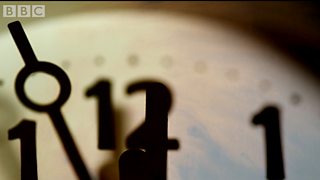Main content

09/11/2015
A spiritual comment and prayer to begin the day with Jasdeep Singh, curator of the National Army Museum's Indian Army collection.
Last on
Mon 9 Nov 2015
05:43
ΒιΆΉΤΌΕΔ Radio 4
Script
Good morning. A century ago in India, whilst fireworks lit up the night skies during the festival of Diwali, drowning out the childrenβs screams of excitement; Indian soldiers heard explosions and cries of a different kind resonating on the battlefields of the Great War. I was recently asked; how did the Indian soldiers (known as Sepoys) celebrate Diwali during the war, if at all?Β
What information we have comes from letters written home, and Iβd like to sare a glimpse into how two Indian soldiers celebrated this festival, in 1914:
βSometimes I lose track of the days here, but somebody told me it was Diwali: my first away from home. The Rajput cook and me lit a couple of small lamps and prayed. He used some spices he had siphoned away before leaving India and added it to our vegetable rations. Not as good as your food, but better than normal. We explained Diwali to a few of the white people. They did not understand (Christianity only has one God), but a few of them lit their cigarette lighters in solidarity. β
This letter reminds me of a school assembly as a child, where I made deeva lamps with my class for Diwali. Our teacher lit four deevas using one she had made. From this we learnt how the one flame was multiplied, and the light was not shortened, but spread, symbolising the one light within us all.Β
Of course light helps us to see things more clearly - however, Diwali represents an internal light within us, sparked from knowledge that helps give us foresight and clarity when tackling issues and problems.
Let us always see this light in ourselves - and others - to help guide us daily.Β
What information we have comes from letters written home, and Iβd like to sare a glimpse into how two Indian soldiers celebrated this festival, in 1914:
βSometimes I lose track of the days here, but somebody told me it was Diwali: my first away from home. The Rajput cook and me lit a couple of small lamps and prayed. He used some spices he had siphoned away before leaving India and added it to our vegetable rations. Not as good as your food, but better than normal. We explained Diwali to a few of the white people. They did not understand (Christianity only has one God), but a few of them lit their cigarette lighters in solidarity. β
This letter reminds me of a school assembly as a child, where I made deeva lamps with my class for Diwali. Our teacher lit four deevas using one she had made. From this we learnt how the one flame was multiplied, and the light was not shortened, but spread, symbolising the one light within us all.Β
Of course light helps us to see things more clearly - however, Diwali represents an internal light within us, sparked from knowledge that helps give us foresight and clarity when tackling issues and problems.
Let us always see this light in ourselves - and others - to help guide us daily.Β
Broadcast
- Mon 9 Nov 2015 05:43ΒιΆΉΤΌΕΔ Radio 4

